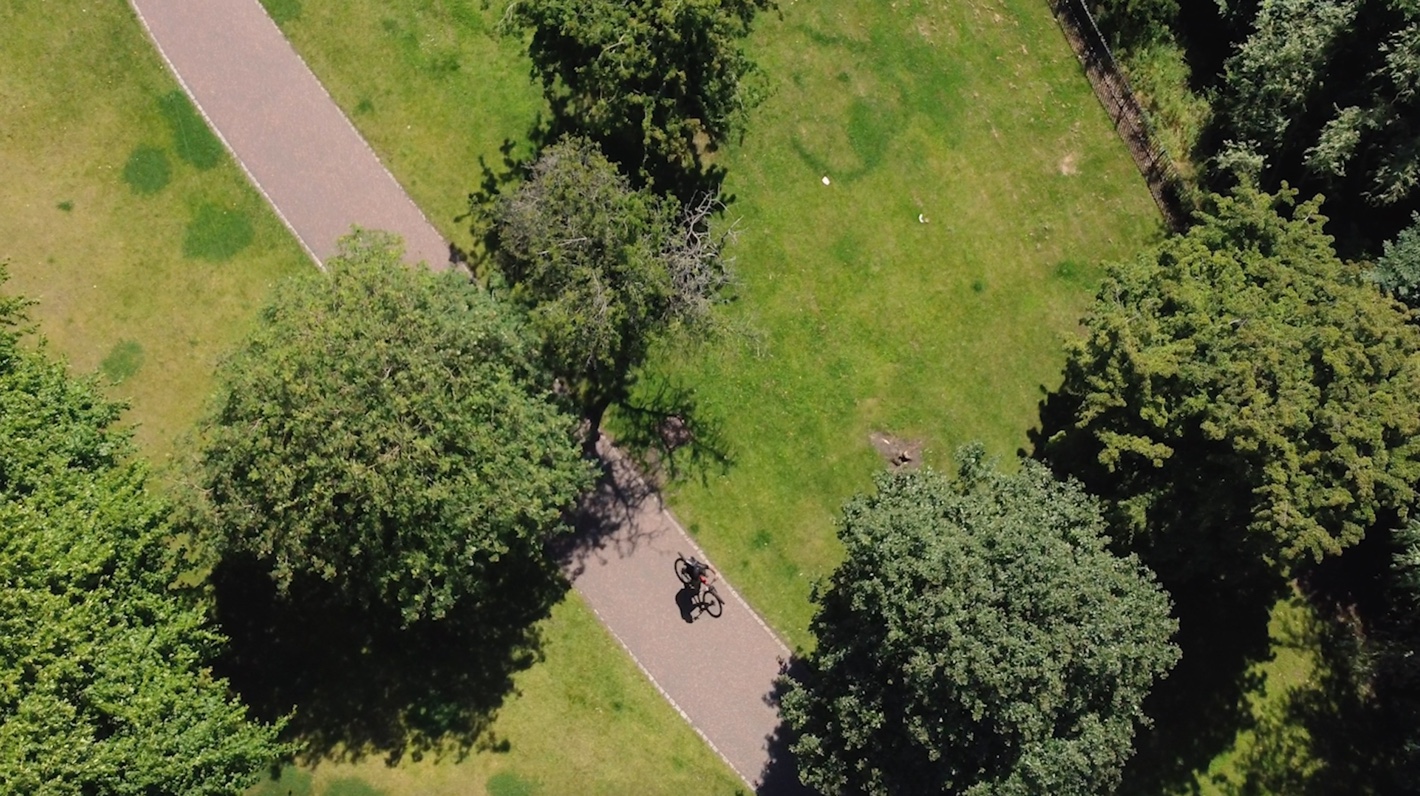
Protest Outside UK Shale Gas Conference in Edinburgh
Today (Wednesday 11 June 2014) shale gas industry experts from across the UK are meeting for a conference in Edinburgh. Protesters will gather outside with placards as delegates enter at 8:45 am.
Paul Daly, Unconventional Gas Campaigner at Friends of the Earth Scotland said “unconventional gas is being rolled out across Britain – the UK government is removing protection and making it easier for developers to begin drilling, and harder for our communities to stand up for themselves. In numerous surveys, it is shown that the public do not want or trust this industry. The industry is seeking to expand in Scotland with new licenses up for grabs this month and much of the central belt under threat. This industry not only threatens at the local environment level, but would also have a significant effect globally producing more fossil fuels which we cannot risk burning.”
Daly continued “Scotland has missed its climate change targets for the last three years – finding and burning more fossil fuels will only take us further along the path towards dangerous climate change. Scotland has abundant renewable energy sources, so we really don’t need to bet on risky gas.”
Flickr album of photos from the protest.
Notes to Editors
The Third Tight and Shale Gas Summit takes place on the 11th & 12th of June, more info here: http://www.wplgroup.com/aci/conferences/eu-eug3.asp
There are currently 5 areas under license in Scotland where unconventional gas activity has taken place (seehttp://www.foe.co.uk/campaigns/climate/issues/uk_fracking_map_41274.html). Activity to date has focussed on coalbed methane drilling which carries many similar risks to the process of extracting shale gas by hydraulic fracturing, or ‘fracking’. Unlike shale gas, coalbed methane extraction doesn’t always involve fracking – at least not in the early years of a development. Instead, coal seams are de-pressurised by pumping out large volumes of water. But as gas flow starts to decline after a few years, wells are often fracked to increase productivity. In Australia the industry estimates that up to 40% of coalbed methane wells end up being fracked.
While the UK Coalition Government is furiously courting the unconventional gas industry, the Scottish Government’s attitude has been lukewarm. In October 2013 Scottish Ministers confirmed that they were minded to implement a proposal in the new draft Scottish Planning Policy for buffer zones between communities and gas drilling sites. While Friends of the Earth Scotland believe a ban on all unconventional gas extraction is necessary to protect the climate and communities, the Government’s proposals, if strengthened to specify a distance of 2km, would go some way to protecting local residents from the very worst of the public health impacts.
The UK Department for Energy and Climate Change (DECC) is this month expected to launch the tendering process for its 14th round of onshore licensing during which a vast swathe of the central belt of Scotland could be put out to tender for oil and gas exploration.
The British Geological Survey are expected to release details this month of an assessment of the shale gas resources in the central belt of Scotland.
Bans and moratoria around the world: · France: A nationwide ban on fracking · Switzerland: A moratorium on fracking was introduced in the canton of Fribourg · Germany: Moratorium in North Rhine-Westphalia on fracking. Lower Saxony likely to do the same. National moratorium written into new coalition Government agreement. · Bulgaria: Government banned fracking · Czech Republic: A moratorium on fracking, considering outright ban · Spain: Cantabria banned fracking, La Rioja is also currently considering same · Netherlands: Moratorium on unconventional fossil fuels · Denmark: Moratorium on fracking · Quebec: A moratorium on fracking · United States: Vermont banned fracking, and New York has moratorium · New South Wales: ban on any coal bed methane activity within 2km of residential areas, and within critical industry clusters such as winegrowing areas · Ireland: 2-year moratorium on fracking
Friends of the Earth Scotland is:
* Scotland's leading environmental campaigning organisation
* An independent Scottish charity with a network of thousands of supporters and active local groups across Scotland
* Part of the largest grassroots environmental network in the world, uniting over 2 million supporters, 77 national member groups, and some 5,000 local activist groups.
